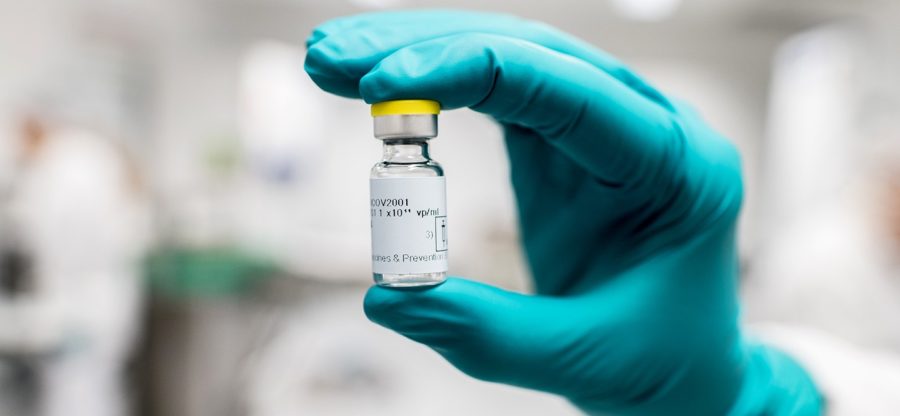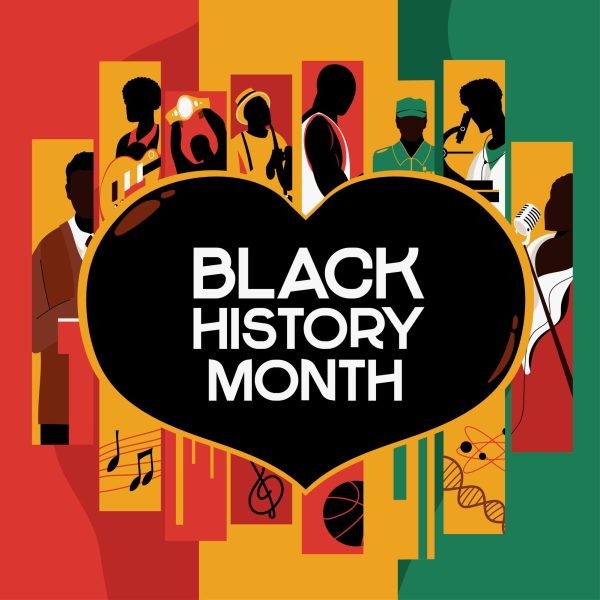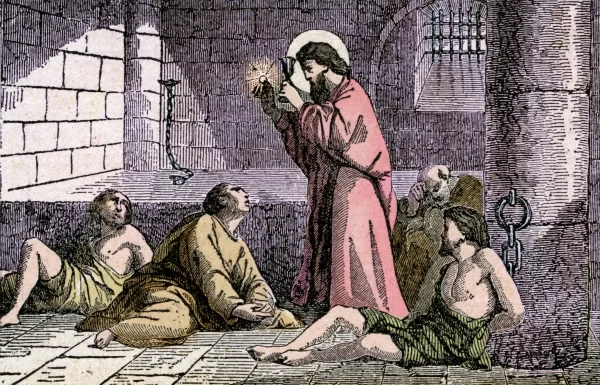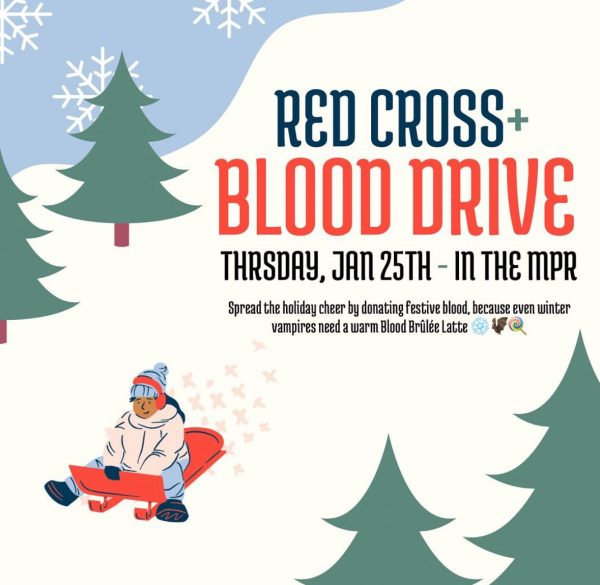The Johnson & Johnson Vaccine: The Promise of a One-Dose Vaccine
The one-dose Johnson & Johnson vaccine will help to speed up vaccine rollout.
Since it was approved by the FDA on February 27, the Johnson & Johnson vaccine has been a reason to hope for the pandemic’s end. Unlike the two-dose vaccines that have already been approved in the United States, the Johnson & Johnson vaccine requires only one dose. This would help to speed up the vaccination process that is already underway in the U.S., since twice the amount of people could be vaccinated with a similar quantity of vaccine. So, what is the Johnson & Johnson vaccine, and how does it work?
The Johnson & Johnson vaccine is made out of an inactivated adenovirus, the virus which causes the common cold. It has a bit of DNA that directs the body to construct the COVID-19 spike protein. This causes an immune system response that will protect the body from the COVID-19 virus in the future. The vaccine does not contain the live virus, so it cannot cause an infection of COVID-19 or the common cold.
The Johnson & Johnson vaccine was made by Janssen Pharmaceuticals, a company that is owned by Johnson & Johnson. In clinical trials, the vaccine proved to be 72% effective at preventing moderate to severe cases of COVID-19, as the company claims. Although this number is less than the 90%+ numbers from clinical trials for the other two vaccines, each made by Pfizer-BioNTech and Moderna, it doesn’t necessarily mean that the Johnson & Johnson vaccine will not be effective. It only means that the people who received the vaccine in the clinical trial were 72% less likely to have a moderate or severe case of the virus, in comparison to people in the trial who were given a placebo. Results varied in other trials. When tested in Latin America, which has been seeing many cases of the P.1 coronavirus variant in recent months, the vaccine was only 66% effective. Similarly, in South Africa, where the B.1.351 variant has been spreading, it was 64% effective. However, the Johnson & Johnson vaccine was 86% effective in preventing severe illness caused by COVID-19, and 100% effective in preventing hospitalizations and deaths from COVID-19. Nevertheless, health officials are still concerned that people may think the Johnson & Johnson vaccine is ineffective because of its 72% efficacy overall.

In addition to requiring only one dose, the Johnson & Johnson vaccine can also be kept in normal refrigerators for up to three months and doesn’t require as strict storage conditions as the other two vaccines do. This will allow transport and distribution of the vaccine to be made easier. In addition, the side effects of the Johnson & Johnson vaccine are less severe than those of the Pfizer-BioNTech and Moderna vaccines.
Four million doses of the Johnson & Johnson vaccine were sent out on March 1, with 16 million more expected to be sent out by the end of the month. Merck, another pharmaceutical company, will help to produce the Johnson & Johnson vaccine since the company was falling behind on vaccine production. Johnson & Johnson is planning on producing 100 million doses of the vaccine before the end of June and 1 billion doses before the end of the year.
Vaccination is important to ending the pandemic. While it doesn’t matter which vaccine a person receives, it is important to at least get a vaccine.
Sources:
https://www.nbcnews.com/science/science-news/jj-vaccine-game-changer-matters-rcna322
https://abcnews.go.com/Health/johnson-johnson-covid-19-vaccine/story?id=76171183
https://www.nbcnews.com/health/health-news/how-effective-johnson-johnson-vaccine-what-know-n1259652
https://www.nytimes.com/2021/03/04/health/covid-vaccine-johnson-and-johnson-rollout.html











